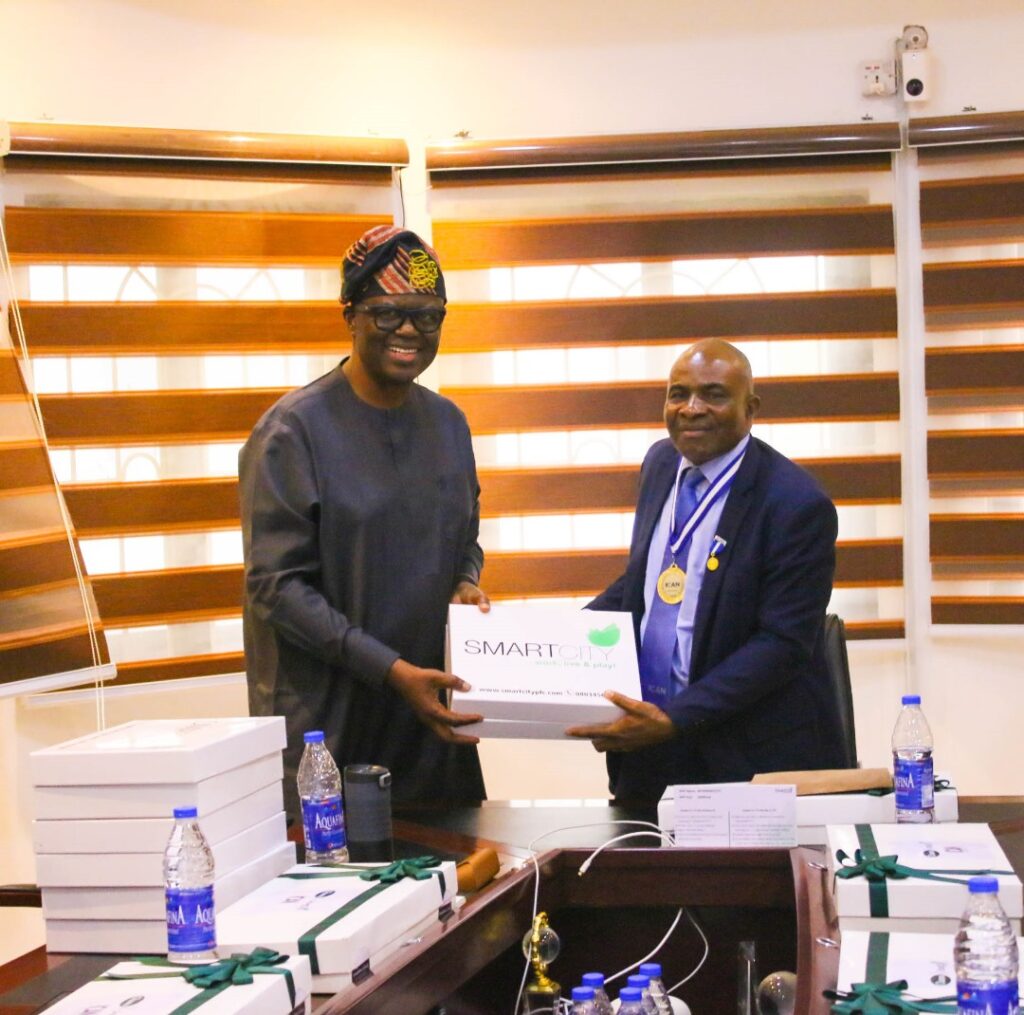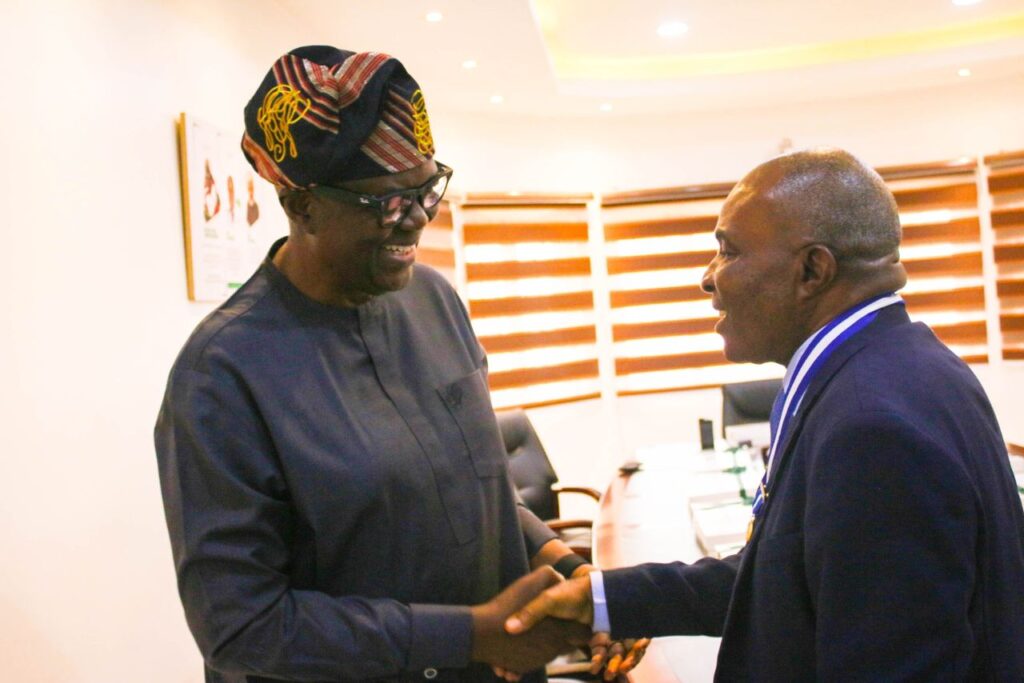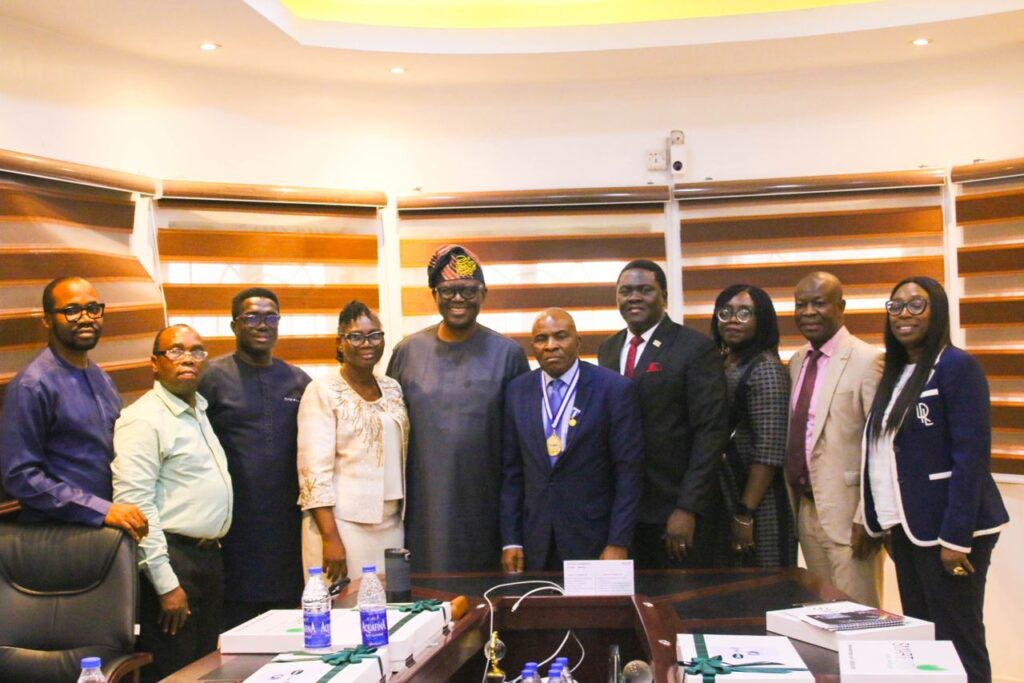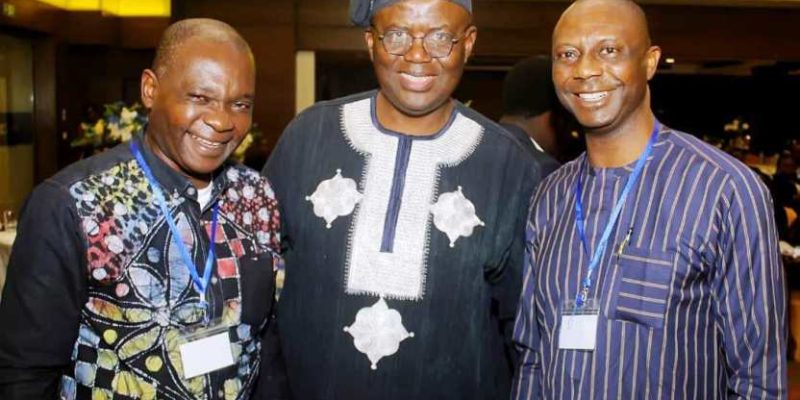Protocols: Honored Guests, Distinguished Stakeholders, Ladies and Gentlemen,
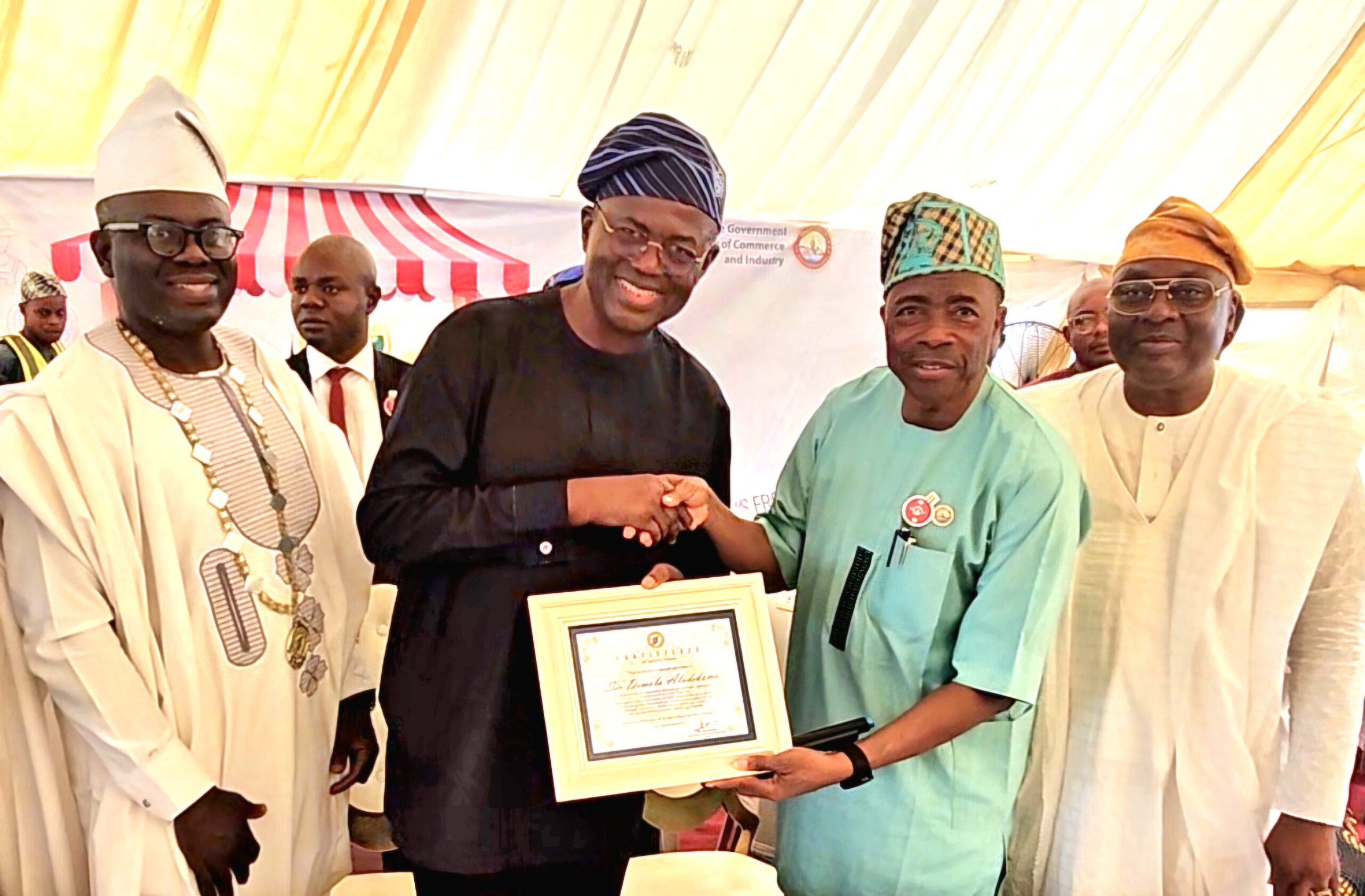
It is both a privilege to stand before you today as we gather with a shared vision—to create a future where Osun’s abundant resources serve as the foundation of our prosperity. I thank God for this opportunity and express my sincere gratitude to His Excellency, Senator Ademola Jackson Nurudeen Adeleke, for his commitment to transforming Osun’s economy from one reliant on civil service to one built on industry, entrepreneurship, and innovation. My first encounter with Governor Adeleke of not judging a book by its cover on the …..
As date, we have not yet started building the Tech City of our dreams that would generate 100,000 direct and indirect jobs. What we are building now should generate about 10,000 direct and indirect jobs by 2026, when we should have had 70% occupancy. We thank Mr. Bankole Omisore, Mr. Fritz Mobolaji Olaoye, and Hon George Ibitayo Alabi, Commissioner for Lands and Physical Planning, who made the current pure real estate play possible. However, I thank the Commissioner of Commerce, Rev Bunmi Jenyo, who has taken it up to make the project of building a work-live-play, cradle-to-gravel tech city reality.
We look forward to using TechCity as a means of creating some local content value chain for our shared prosperity.
Today’s theme, “Developing Osun Local Content Value Chain for Shared Prosperity,” calls us to reimagine the future of Osun State. It is a call to take pride in what we have, to believe in our people, and to invest in our resources. The journey to shared prosperity begins here, with each of us playing a part in transforming our rich heritage into tangible economic progress.
Osun State’s Competitive Advantages
Osun is blessed with an enviable position. Centrally located in the South-West, we are a hub connecting various markets and facilitating trade across regions. We have fertile land, mineral deposits, cultural assets, and a vibrant workforce. This mix of advantages gives us a unique position to drive an economy that thrives on local content. We have 18 tertiary institutions!
Our agricultural resources—from cocoa to cassava, rice, tomatoes, and plantains—are more than just crops. They are the ingredients for building an economy of locally processed goods. Imagine a future where Osun’s maize and soya beans are transformed into cereals, our cocoa into premium chocolate, our cassava into industrial starch, and our tomatoes into high-quality paste. Picture our tourist centers bustling with visitors. My people, this is not just talk—these are real possibilities if we align our actions with this vision.
A Necessary Shift in Mindset
To realize these possibilities, we must shift our mindset from dependency to self-reliance. Too often, we look outside for solutions when, in fact, the answers lie within our land, our people, and our heritage. We have the skills, materials, and expertise needed to build a resilient economy, one that uplifts our communities and creates lasting value.
This shift means investing in our local industries, supporting our entrepreneurs, and embracing the idea that Osun’s growth should be driven by Osun’s own. By turning our raw materials into finished products and empowering local businesses, we not only create jobs but also enhance our economic independence. It is this independence that will lead to a more stable and prosperous society for all.
Major shift of mindset must come from all of us especially Government officials
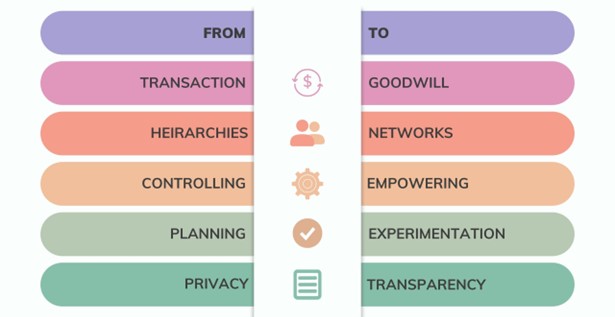
Embracing Mass Mobilization
Part of this necessary shift in mindset involves a mass mobilization campaign to engage our citizens in a unified vision of discipline, productivity, and patriotism. If we are truly committed to building a prosperous Osun, we need the entire populace to rise to the challenge. This isn’t just about policy—it’s about sparking a movement that transforms attitudes and habits. The Governor and Government must go into a campaign mode like MAMSER (mass mobilization for reliance, social justice and economic recovery) of Prof Jerry Gana
We have seen the power of such initiatives before. In 1983, the War Against Indiscipline (WAI) was launched across Nigeria to promote order, responsibility, and national pride. Through simple practices like punctuality, cleanliness, and respect for others, WAI changed public behavior significantly, creating a stronger sense of civic duty. This campaign showed us the power of collective action in fostering a culture of discipline and respect.
In Lagos, the Kick Against Indiscipline (KAI) initiative in 2003 took on critical issues like environmental sanitation and street trading. Through public education and enforcement, KAI helped make Lagos a cleaner, more organized place. We, too, need a movement in Osun that instills civic pride, responsibility, and a shared commitment to our state’s progress.
Here’s how we can achieve this:
- Promote Civic Education: Educate citizens on their rights and responsibilities, emphasizing each person’s role in Osun’s development.
- Encourage Community Involvement: Foster a culture where people actively engage in local projects, from clean-ups to supporting local businesses.
- Instill State Pride: By celebrating Osun’s achievements, we strengthen our identity and unity, motivating people to support our shared goals. In the HazanaCity, we are building two unique facilities that can help achieve this: A Digital Museum that would showcase the history and culture of Osun State detailing the lives and times of our heroes, their achievements and challenges. And State Cemetary where our Heroes and top government functionaries can be buried and honored.
Through this mass mobilization, we can cultivate a disciplined, productive, and patriotic citizenry. Together, we lay the foundation for a resilient, prosperous, and proud Osun State.
Addressing the Education Emergency in Osun
Before we can fully unlock Osun’s potential, we must confront a pressing issue that underlies every other achievement: the education of our youth. A wise society invests in its children,
knowing they are the leaders, workers, and citizens of tomorrow. But right now, many of Osun’s young people lack access to the quality education and training they need to succeed. This isn’t just a challenge; it’s a crisis. The WAEC results are a disaster in of an unimaginable proportion. We must declare an “education emergency” in Osun to ensure every young person receives a solid foundation. Some here may remember our efforts with VolunterCorps where we turned around the situation for two academic years. Still doable!
Education—both academic and practical—must become non-negotiable. We need policies that make primary and secondary education compulsory for every child, along with measures to eliminate street trading and hawking that keep children out of school. No child in Osun should be on the street when they should be in a classroom, learning skills for their future.
Beyond secondary school, education must open diverse pathways. Not every student will pursue a university degree, but everyone should be able to build a valuable skill. Those passionate about artisanship, craftsmanship, or technical skills should have access to structured training programs. This way, we’re not just educating a generation—we’re preparing a skilled, versatile workforce ready to contribute to Osun’s growth.
Ladies and gentlemen, without educated and skilled citizens, any talk of economic transformation will remain just that—talk. To achieve lasting prosperity, we must start with our people. Let us make a collective commitment to invest in the education of Osun’s youth, laying a foundation for a future where they are empowered to lead, innovate, and drive our economy forward.
Permit me to throw a challenge here: We have two State Universities UniOsun and University of Ilesa. Can we create a Think Tank out of these two institutions to not only come up with solutions to this issue but also implement their solutions? The platform of VolunteerCorps we used 2017 and 2018 to ameliorate the issue can be discussed with the Think Tank as basis of their work. A I ki ni ooko ni le ka fi owo ko mi. Our Governor, ladies and gentlemen, Omo ti a o ko lo ma gbe ile ti a ko ta.! Kindly
Emphasis on two Initiatives for Local Growth within our area of expertise:
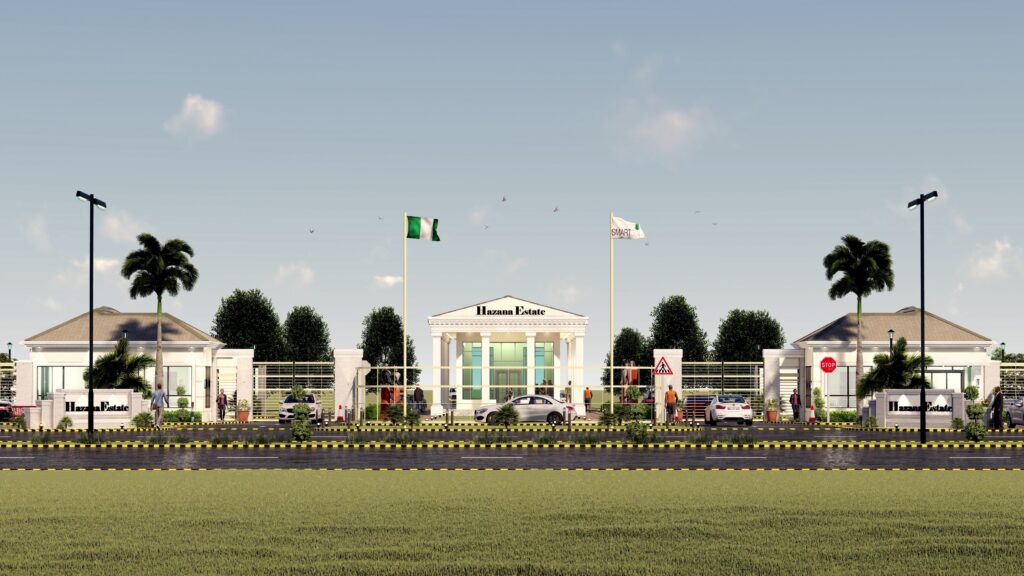
- SmartCities: Let us discuss reasons why.
- HazanaCity. Ah, this one is big! It’s the first polycentric smart city in Nigeria, a $1.2 billion investment. With its “work, live, and play” environment, HazanaCity will create 100,000 jobs and transform the lives of 250,000 people. It’s like living inside the future—but it’s happening here, in Osun. Tell me, how many states have this kind of vision? If you ask me, HazanaCity alone could make our people say, “Ehen, Osun don move o!” (Osun has truly advanced). We hope working with the Commerce Ministry of Rev Jenyo, we can achieve the full scale of the TechCity we envisage.
- Agropolis: An agropolis is a modern, sustainable development concept that integrates agriculture into urban and peri-urban areas. The goal is to address food security, reduce the environmental and social impact of traditional farming, and foster a healthier, self-sufficient community. Can we learn from Gov Saraki’s experiment in Kwara, drastically improve on it, and start implementing at scale with the Israelis, Malaysians, etc
The Role of Government in Driving Local Content
The government’s role is to create policies, provide incentives, build infrastructure, and streamline regulations so businesses have no excuse not to thrive. To avoid doubt, the government has no business in business. A significant underutilized power the Government has is GOODWILL as different from patronage. Imagine a delegation of the state government led by the governor to Nestle, Guinness, Olam etc. What would they not get? Some other major roles that we need the government to play
- Identification, Marketing, and promotions of Osun businesses and business people
- Invitations and partnerships with large corporations and manufacturers are needed to come into the state on favorable terms. And
- Local and foreign road shows and exhibitions with Osun based or owned businesses
Actionable Steps for Building Osun’s Local Content Value Chain
This brings me to what we can do. We can talk all day, but as they say, “Action speaks louder than words.” This is the time for local entrepreneurs to look at the resources around you. How can you turn cassava into starch, plantain into chips, or cocoa into chocolate? Don’t wait for someone from Lagos or Abuja to tell you—it’s all here.
Investors, Osun has fertile land, hard-working people, and the drive to succeed. There are many opportunities; all we need are those willing to invest in our future. And to everyone in our communities, let’s support our local businesses and celebrate Osun-made products. When you see someone doing something great, support them—don’t just say, “Ah, Osun no dey carry last,” be the reason Osun comes first! Let’s not be like the person given a whole yam and still asking for pounded yam.
A Call to Action: Transforming Osun for Shared Prosperity
Ladies and gentlemen, we’re all part of this movement. Developing Osun’s local content value chain isn’t just a policy—it’s a call to each of us to contribute to Osun’s greatness. It’s about building a future where our children can say, “I am proud to be from Osun.”
This state has what it takes to lead in Nigeria, but it will take each of us playing our part. We need leaders who prioritize local industries, businesses that source locally, and a community that supports homegrown products. Together, we can leave a legacy of prosperity and pride that generations will thank us for.
Conclusion
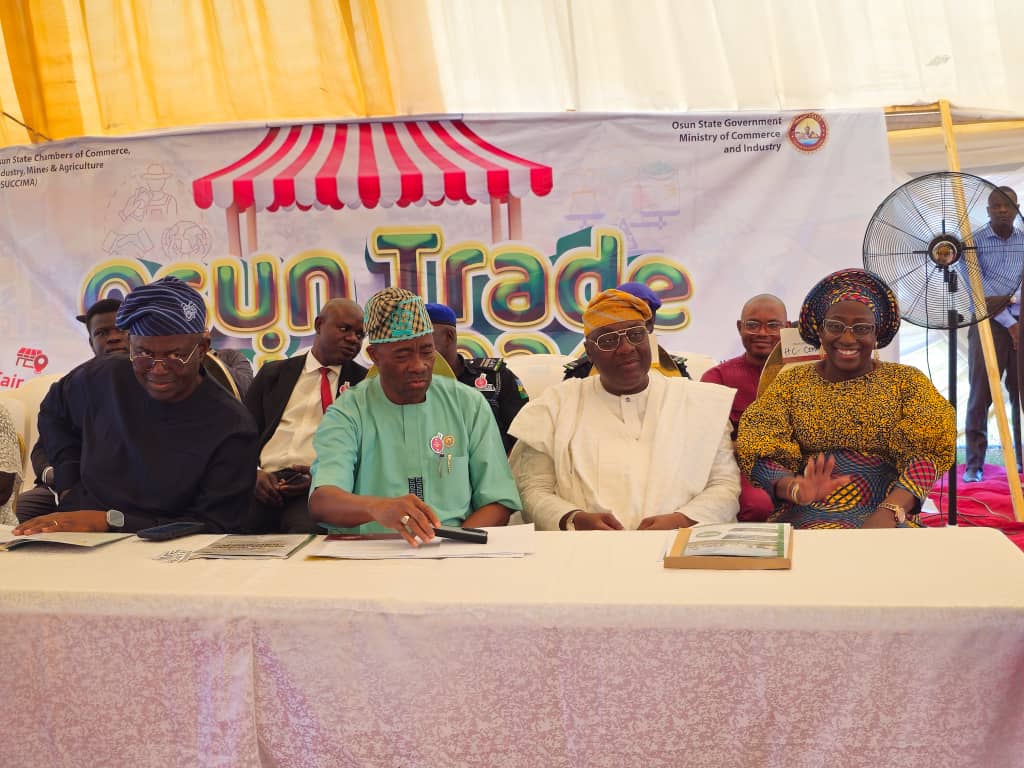
In closing, let’s remember that Osun’s future is in our hands. In other words, we have the resources to succeed, but we must also put in the work.
Let us move forward, committed to developing Osun’s local content value chain for a future filled with pride, prosperity, and promise. Naani naani naani, Oun tani lan naani.
Thank you, and God bless Osun State!
Demola Aladekomo November 19, 2024

